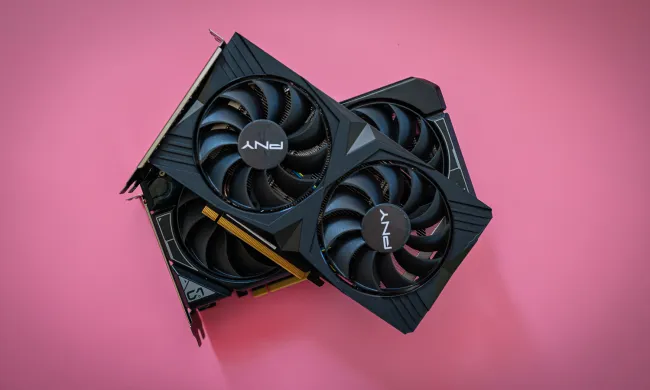The Biden administration is banning the use of Kaspersky Lab cybersecurity software throughout the U.S. over fears that the Russian government may be interfering with its operations, the U.S. Commerce Department said on Thursday.
U.S. officials have long had concerns about the safety of Kaspersky’s software, claiming that Russian law gives Vladimir Putin’s government access to Kaspersky’s systems and therefore data on all of its customers.
Speaking to Reuters, an unnamed source claimed that the software’s access to a computer system could potentially allow a perpetrator to steal sensitive information from computers or install malware. The source added that Kaspersky’s customer list includes critical infrastructure providers and state and local governments.
“Russia has shown it has the capacity and … the intent to exploit Russian companies like Kaspersky to collect and weaponize the personal information of Americans,” Commerce Secretary Gina Raimondo told reporters on Thursday, adding that the decision to ban the software was prompted by “the present geopolitical climate and theoretical concerns, rather than on a comprehensive evaluation of the integrity of Kaspersky’s products and services.”
Raimondo pointed out that Kaspersky-made software has been banned from a number of government bodies for the last seven years, but said that ongoing concerns about the tool meant that it was finally time to take more drastic action.
Elaborating on her comments, the Commerce Department said that starting next month, sales of Kaspersky tools will cease in the U.S., and that beginning in September, it will no longer be able to provide updates to software already in use. Companies, including sellers and resellers, who ignore the ban could be fined by the Commerce Department.
Kaspersky is headquartered in Moscow, but has offices in more than 30 countries, with some 400 million users and 270,000 corporate customers across more than 200 countries and territories.
Kaspersky Lab and and the Russian government have yet to publicly respond to the decision, though in the past, Kaspersky has said that it is a privately managed business and has no links to the government of Russia.
Looking for new antivirus software? One of these two options might suit you.


